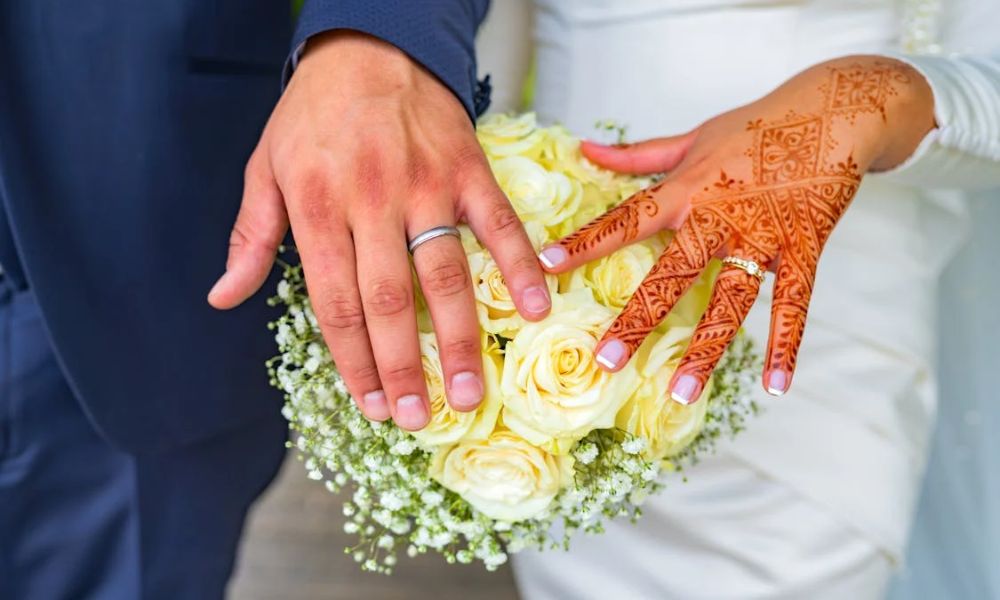
In a country as diverse as India, where cultures, traditions, and languages intertwine, the notion of inter-caste marriages presents a unique paradox. Despite strides towards modernization and social change, inter-caste marriages remain relatively uncommon. Let’s delve into the intricacies of this phenomenon and explore the underlying factors contributing to its prevalence.
1. Deep-Seated Traditions and Social Norms
At the heart of the issue lie deep-rooted traditions and societal norms that dictate marriage within one’s caste or community. These age-old customs passed down through generations, often place a strong emphasis on preserving cultural identity and heritage. Inter-caste marriages are perceived as a departure from tradition, leading to resistance and reluctance from families and communities.
2. Fear of Social Stigma and Rejection
In India, where communal identities hold significant sway, the prospect of marrying outside one’s caste can invite social ostracization and discrimination. Families may fear the repercussions of defying societal norms, including being shunned by their communities or facing backlash from relatives. This fear of social stigma acts as a deterrent, discouraging individuals from pursuing inter-caste marriages.
3. Influence of Family Expectations
Family plays a pivotal role in the marriage decisions of individuals in India. The pressure to uphold family honor and maintain familial harmony often takes precedence over personal desires. Parents and elders may exert considerable influence in the matchmaking process, insisting on finding a partner within the same caste to ensure compatibility and societal acceptance.
4. Religious and Cultural Differences
Inter-caste marriages may also entail navigating complex religious and cultural differences, adding another layer of complexity to the equation. In a country marked by diverse faiths and beliefs, couples from different castes may encounter challenges in reconciling their religious practices and cultural traditions, leading to apprehension and hesitation.
5. Lack of Supportive Infrastructure
The absence of supportive infrastructure and legal frameworks further compounds the challenges faced by couples seeking inter-caste marriages. In some cases, couples may encounter bureaucratic hurdles and administrative red tape when attempting to register their marriages, exacerbating their ordeal and discouraging others from following suit.
6. Perceived Threat to Caste Identity
For many, caste identity is intricately tied to notions of status, privilege, and belonging. Inter-caste marriages are often viewed as a threat to the integrity of caste-based social hierarchies, sparking concerns about diluting caste purity and eroding traditional power dynamics. As a result, individuals may hesitate to challenge these established norms, fearing repercussions from within their communities.
The Blessings Matrimonials
The Blessings Matrimonials is a beacon of hope in the journey of love and companionship. With a dedicated team and personalized approach, we specialize in connecting individuals from diverse backgrounds, transcending barriers of caste, creed, and community. Our mission is to foster meaningful relationships and empower individuals to find their perfect match, guided by the principles of inclusivity, understanding, and respect. Experience the blessings of true love with us today.
Conclusion
In a country as diverse as India, inter-caste marriages remain relatively uncommon despite strides towards modernization and social change. Deep-seated traditions, fear of social stigma, family expectations, religious and cultural differences, lack of supportive infrastructure, and perceived threats to caste identity contribute to this phenomenon. However, marriage bureaus like The Blessings Matrimonials aim to transcend these barriers, fostering meaningful connections and empowering individuals to find love irrespective of caste or community. Experience the blessings of true love with us today.
Don’t Miss: Why Marrying Late is a Sensible Decision for Women?